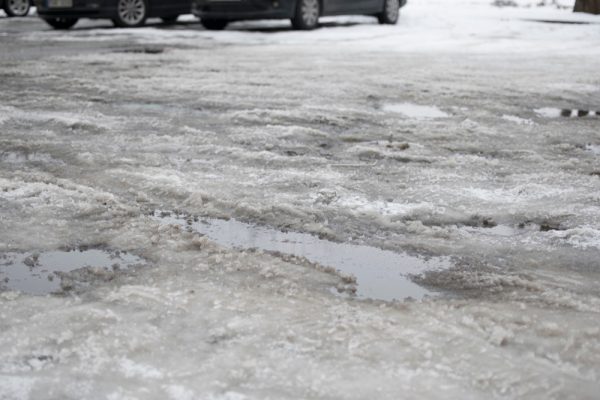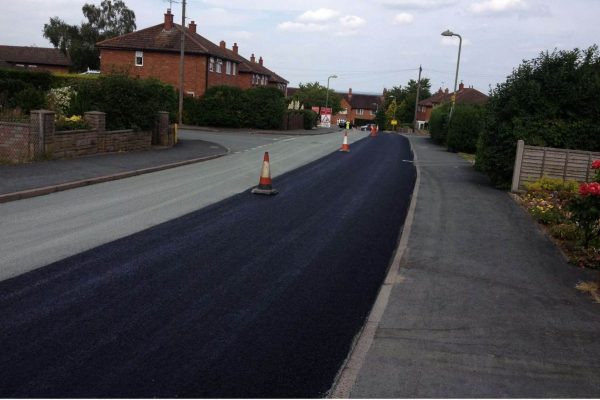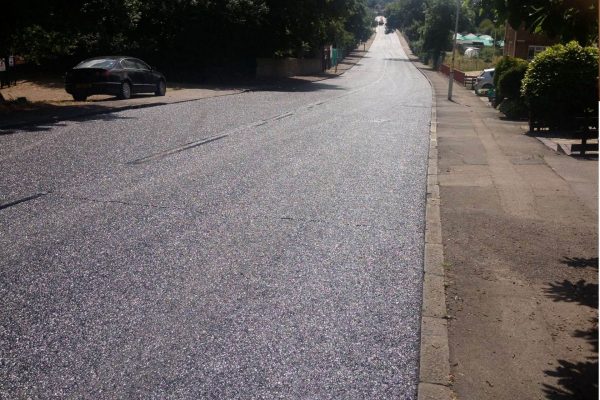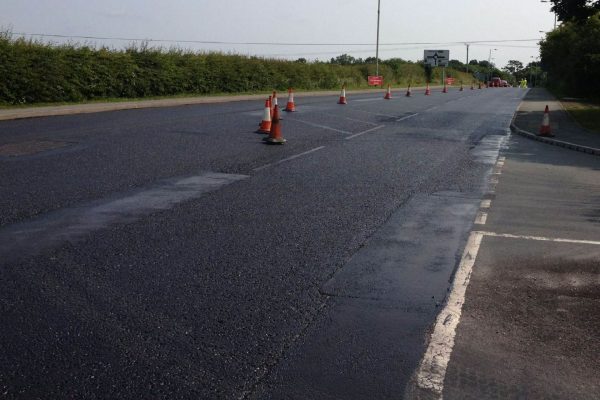What are the different types of road in the UK?
There are several different types of road in the UK. While our audience will be familiar with a few of them, there will no doubt be a few which are new to them. In this article, we’ll be going through the various types of roads in the United Kingdom, as well as hopefully giving you an idea of their various highway surfacing needs.
Broadly, roads in the UK can be sorted into one of three types. These are:
- A-roads
- B and C-roads
- Motorways
Different Types Of Roads In The UK
A-Roads
A-roads are classed as major roads that link regional towns and cities. They are also sometimes referred to as ‘trunk’ roads. A-roads can be either single or dual-carriageways and are found in both rural and urban areas. At present, there are more than 28,000 miles of A-roads in the UK, servicing millions of British road users every day.
B and C-Roads
B and C-roads are sometimes known as ‘minor’ roads in the UK. They are the roads that connect small towns and villages together. Unsurprisingly, there are more miles of B and C-roads in the UK than A-roads, as they make up over 87% of the total road length of the UK. Because of the sheer number of these roads, they will be the most likely to undergo road maintenance.
Motorways
Motorways are the high-speed roads that allow movement of vehicles between major towns and cities. At the moment, there are 2,173 miles of motorway in the UK spanning the length and breadth of the country for convenient cross-country travel.
Sealed & Unsealed Roads
If a road is sealed, it means that it has been given a surface treatment to ‘lock in’ the aggregates used to make a road. In contrast, an unsealed road is one without surface dressing. Sealing a road not only makes it easier and more comfortable to navigate, it also makes it safer. Surface treatments such as LockChip from BituChem work to secure the aggregate and prevent the ingress of water, thus making roads and pavements less prone to damage including the formation of potholes.
Motorways are sealed roads. This is necessary to allow for the high speeds (up to 70mph) and ensure the safety of drivers. Sealing high use and high-speed roads such as motorways also reduces the need for emergency and reactive repairs as they are more durable and resilient.
You are most likely to encounter an unsealed B and C-road surface and unclassified roads. These are usually created from loose gravel and, while relatively safe to travel on at lower speeds, still pose a hazard and can cause damage to vehicles in a variety of ways.
Learn More About BituChem
Bituchem supplies our clients with high-quality road maintenance materials suitable for a wide variety of applications – whether you’re looking to accomplish pothole repair or simply looking for micro asphalt to breathe some life into an old highway.
If you would like to know more about any of the highway preservation solutions, road emulsions or surface treatments BituChem offers, please contact us today.
We would be more than happy to assist you with your enquiry and recommend the best product for your project. Alternatively, to see some more examples of how BituChem helps keep the UK’s roads in motion, take a look at our Case Studies.




